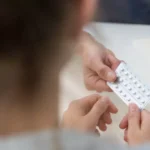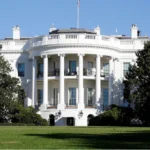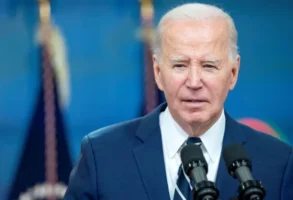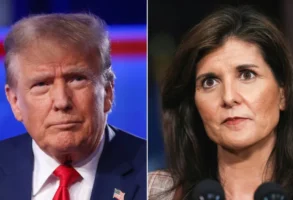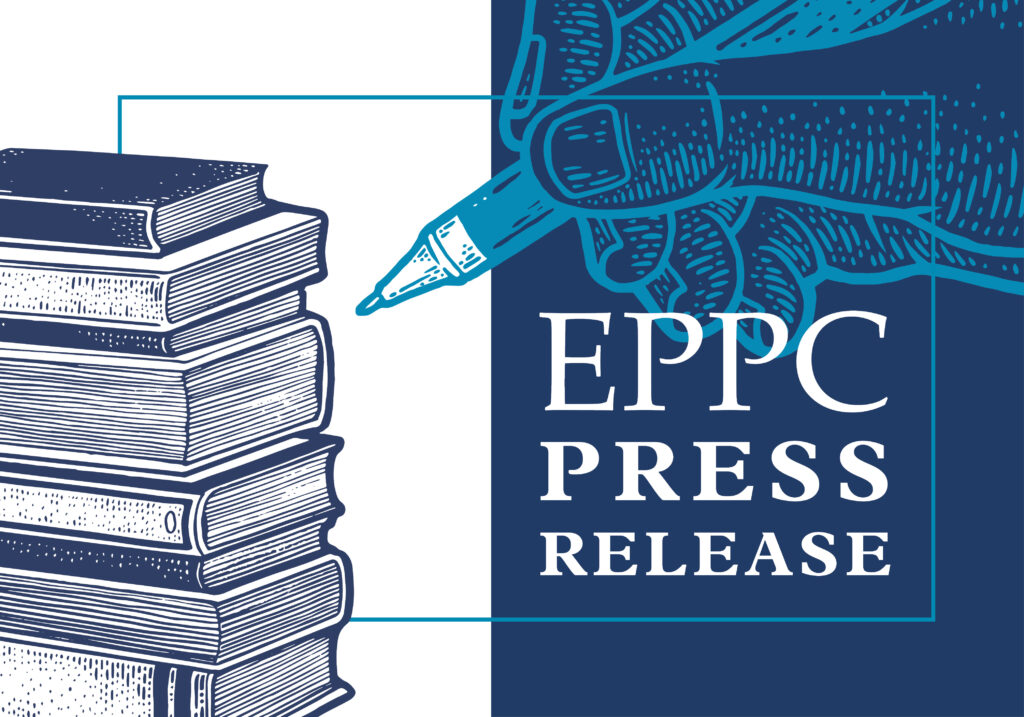
March 7, 2023
Yesterday, EPPC scholars Rachel N. Morrison, Eric Kniffin, Mary Rice Hasson, and Natalie Dodson submitted a public comment responding to a proposed rule by the U.S. Department of Health and Human Services (HHS) Office for Civil Rights that would modify the 2019 Rule’s robust protections for conscience and religious freedom rights in health care.
HHS is charged with enforcing over two dozen federal laws that provide protections for entities and individuals that do not want to participate in or pay for the most controversial medical interventions—including abortion, sterilization, and assisted suicide—based on moral convictions or religious belief.
HHS claims that the proposed rule will “safeguard rights of conscience,” “strengthen conscience and religious nondiscrimination,” and “prevent discrimination.” Yet as the EPPC scholars explained in their comment, HHS’s proposed rule tells “a very different story.”
HHS’s proposed rule would eliminate the robust enforcement mechanisms in the 2019 Rule, including its assurance, certification, and compliance requirements. HHS claims its proposal will reduce confusion and provide clarity. But it would delete definitions of key terms, explanations of applicable requirements and prohibitions for each conscience protection law, and the detailed enforcement scheme, making its proposal arbitrary and capricious. HHS also claims the authority to balance conscience rights against other interests, even though the conscience protection laws passed by Congress provide for no such balancing. In short, HHS’s proposed rule—coupled with the Biden-Becerra HHS’s abysmal track record on protecting conscience and religious freedom rights—undercuts the Department’s assertions that it takes these rights seriously.
The scholars urged HHS to defend the 2019 Rule in court, or in the alternative, retain or improve on—not gut—the provisions in the 2019 Rule providing robust enforcement of the conscience protection laws HHS is charged with enforcing.
A diverse group of medical professionals, former HHS Office for Civil Rights staff, religious groups, and legal and policy experts also submitted comments responding to HHS’s proposal.
About the EPPC comment signers:
Rachel N. Morrison, J.D., is an EPPC Fellow, director of EPPC’s HHS Accountability Project, and former attorney at the Equal Employment Opportunity Commission.
Eric Kniffin, J.D., is an EPPC Fellow, member of the HHS Accountability Project, and a former attorney in the U.S. Department of Justice’s Civil Rights Division.
Mary Hasson, J.D., is an EPPC Fellow, attorney, and co-founder of EPPC’s Person and Identity Project, an initiative that equips parents and faith-based institutions to counter gender ideology and promote the truth of the human person.
Natalie Dodson is a Legislative and Regulatory Affairs Associate and member of EPPC’s HHS Accountability Project.
Other organizations and experts submitting comments on the proposed rule include:
- 18 Senators and 8 Representatives, led by Senator James Lankford and Representative Andy Harris
- Alliance Defending Freedom
- Alliance for Hippocratic Medicine
- American Association of Pro-Life Obstetricians and Gynecologists
- American College of Pediatricians
- Americans United for Life
- Advocates Protecting Children
- Catholic Benefits Association
- Christian Medical & Dental Associations
- Christ Medicus Foundation and Life Legal Defense Foundation
- Coalition for Jewish Values and the Coalition for Jewish Values Healthcare Council
- Concerned Women for America Legislative Action Committee
- The Ethics and Religious Liberty Commission
- Family Policy Alliance
- First Liberty
- The Heritage Foundation’s DeVos Center for Life, Religion, and Family
- The Heritage Foundation’s Meese Center for Legal Studies
- Thomas More Society, Christian Legal Society, National Association of Evangelicals, Center for Public Justice, and Institutional Religious Freedom Alliance
- Protect the First Foundation
- United States Conference of Catholic Bishops






